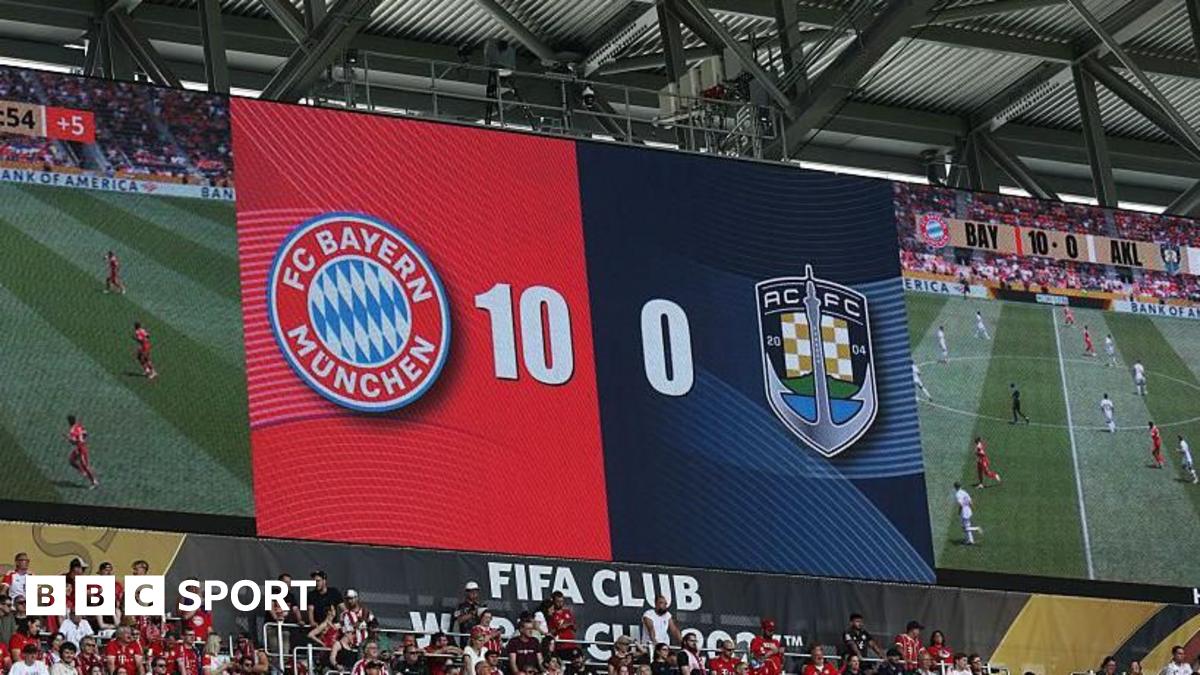Stakeholders suggest ways to curb social vices, underage detention
Concerned by the increasing population of underage children in correctional facilities and the reduction of social vices,
Mr. Asibor Edwin, the Executive Director of Securing the Creative Goldmine Initiative,
has appealed to the Federal and State Governments to urgently initiate policies to establish Parenting Institutions for prospective parents, with a mandatory parenting license as evidence of qualification.
He made the call at a Children’s Correctional Center in Benin City, Edo State.
He stressed that this can only be achieved if the government takes proactive steps to regulate parenting and ensure it is impactful.
The event, organised by the foundation, hosted a symposium titled “Parenting and Social Vices Perpetrated by Teenagers” at a children’s event.
Mr. Edwin attributed the rising trend of social vices among minors to poor parenting.
According to him, “Certifying adults who intend to get married with parenting education should be mandatory to assess their capacity to handle the emotional, psychological, and spiritual needs of children. Without this, there should be penalties.”
He further advocated for a government-enacted policy that mandates a School of Parenting, warning that failure to comply should attract prosecution.
“The negative impact of poor parenting on children’s development has taken a dangerous turn. It demands holistic and urgent intervention—if possible, the declaration of a state of emergency—to address these societal consequences,” he added.
Also speaking at the event, neuropsychologist Mrs. Veronica Effoing emphasized the importance of fostering healthy relationships between parents and children. She noted that open and frequent communication helps children feel safe enough to disclose issues they might otherwise hide.
She lamented the scarcity of effective parenting and its contribution to the increasing number of minors at correctional centers for engaging in social vices. Effoing added that these issues could be curbed if parents prioritized the psychological, spiritual, and physical well-being of their children—and paid closer attention to the company they keep.
She urged parents to create an environment of trust and dialogue, which would enable children to open up about their struggles and frustrations.
On her part, Mrs. Charity Chris-Ebosele, Director of the Citizens’ Department at the Edo State Ministry of Justice, discussed the legal implications of poor parenting. She warned that parents who fail to meet their children’s basic needs could face neglect charges.
“Emotional, physical, and psychological abuse can also lead to legal consequences,” she cautioned, encouraging would-be parents to seek proper parenting education before starting a family.
Among the goodwill messages were delivered by students from the School of Nursing at the Neuropsychiatric Hospital, the Social Work Department of the University of Benin, and other participants, who encouraged children to shun crime and strive for a better life.
The highlight of the event included a drama performance on poor parenting by the children and a quiz competition, which further engaged and educated the young audience.










